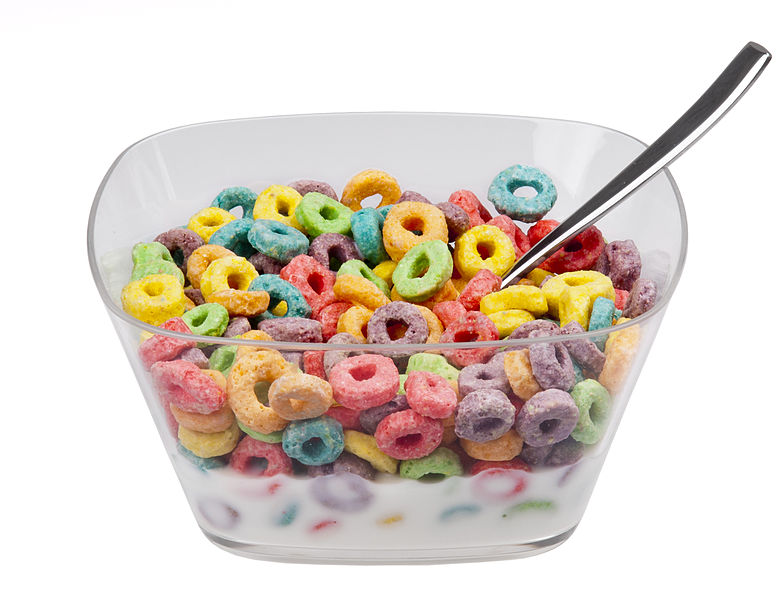I (still) have school-age children. So, I’m in two minds as to whether I support columnist Joe Queenan’s position on the joys that come from freedom-from-kids. He is not the mythical empty nester bemoaning the loss of his kids to the vagaries of adulthood. He is not the control-freak helicopter parent suffering from the withdrawal pains that come from no longer being able to offer advice on math homework. He doesn’t miss offering a soothing critique on the latest cardboard diorama. Nor does he mourn the loss of the visits to school counsellors, the coach, the nurse or ferrying the kids to and from the endless after-school and extracurricular activities. He’s joyfully free.
While I anticipate a certain pleasure to be had from this added freedom when the kids trek off to college and beyond, I think it will come as a mixed blessing. Will I miss scratching my head over 9th grade calculus? Will I miss cheering on my budding basketball star? Will I miss drawing diagrams of electron shells and maps of the Middle East? Will I miss the video book reviews or the poetry slam? I think I will.
From the WSJ:
Once their children are all grown up and have moved away for good, parents are supposed to suffer from profound melancholy and sometimes even outright depression. This is the phenomenon widely known by the horrid term “empty nest syndrome.”
“It all went by too fast.” “We didn’t really enjoy those precious little moments as much as we should have.” “The future now looks so bleak.” These are the sorts of things that rueful empty nesters—nostalgic for the glorious, halcyon days when their children were young and innocent and still nesting—say to themselves. Or so runs the popular mythology.
This has not been my experience as a parent. From the moment my children left school forever ten years ago, I felt a radiant, ineffable joy suffuse my very being. Far from being depressed or sad, I was elated. There was a simple reason for this: From that point onward, I would never again have to think about the kids and school. Never, ever, ever.
I would never have to go to the middle school office to find out why my child was doing so poorly in math. I would never have to ask the high-school principal why the French teacher didn’t seem to speak much French. I would never have to ask the grade-school principal why he rewrote my daughter’s sixth-grade graduation speech to include more references to his own prodigious sense of humor and caring disposition, and fewer jokes of her own.
I would never have to complain that the school had discontinued the WordMasters competition, the one activity at which my son truly excelled. I would never have to find out if my son was in any way responsible for a classmate damaging his wrist during recess. I would never again have to listen to my child, or anyone else’s, play the cello.
I would never have to attend a parent-teacher meeting to find out why my daughter’s history instructor was teaching the class that England’s King Edward II didn’t have a son. A son named Edward III. A son who took special pains to publicly hang the man who allegedly killed his dad—and let the body rot for a couple of days, just to show how ticked off he was about his father’s mistreatment. All of which my kids knew because their mother grew up 5 miles from the castle where Edward II was heinously butchered. Leaving behind Edward III. His son.
“The timeline gets confusing back then,” the teacher explained when we visited him. No, it doesn’t. In history, this thing happened and that thing didn’t. If you didn’t know that, your students got crummy AP scores. And then they didn’t get into the best college. My wife and I weren’t going out of our way to embarrass the teacher. It was just…well…first you’re wrong about Edward III, and then you’re wrong about Henry III, and before you know it, you’re wrong about Richard III. Who knows where it all could lead?
But now it no longer mattered. The ordeal had ended; the 18-year plague had run its course; the bitter cup had passed from my lips. I would never quaff from its putrid contents again. Good riddance.
Read the entire story here.

